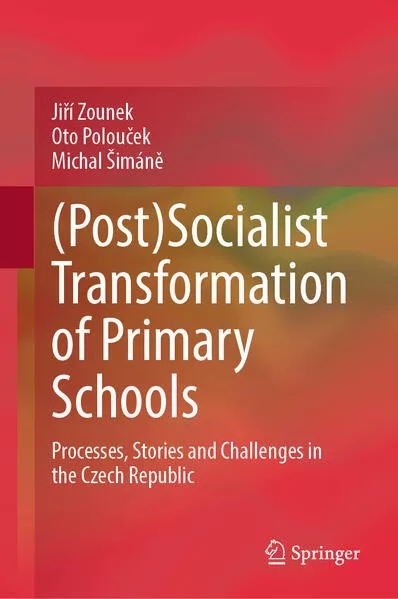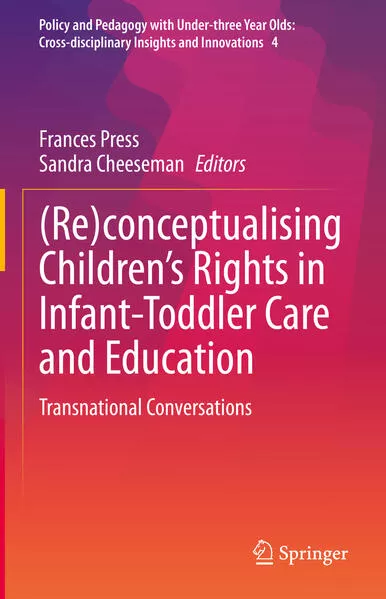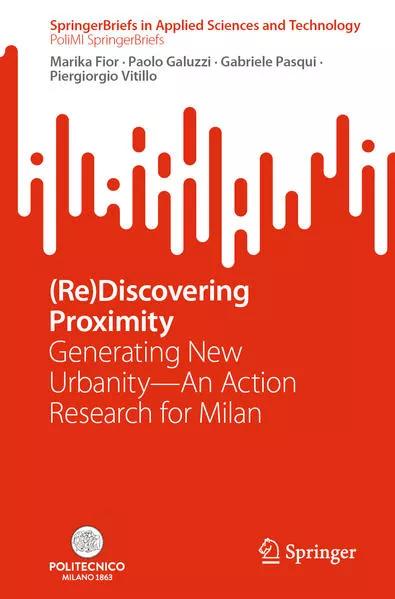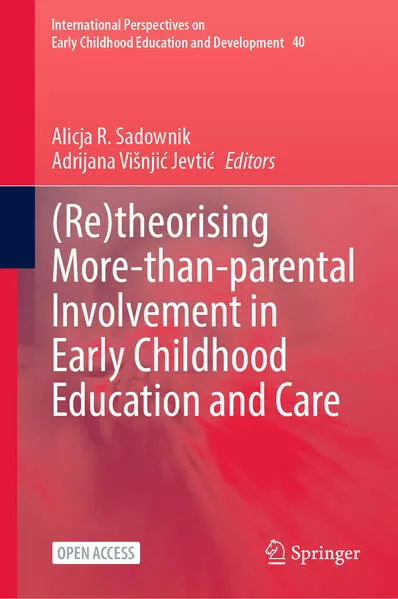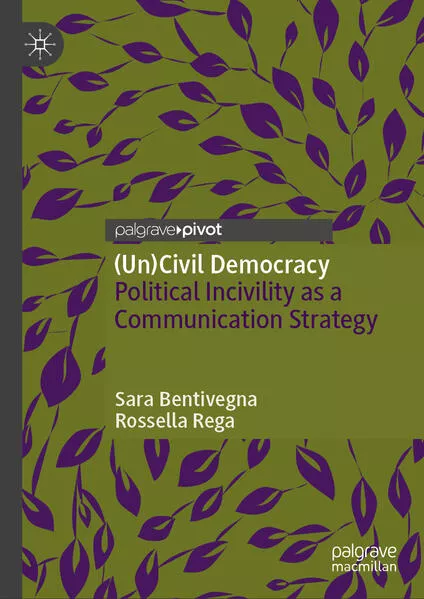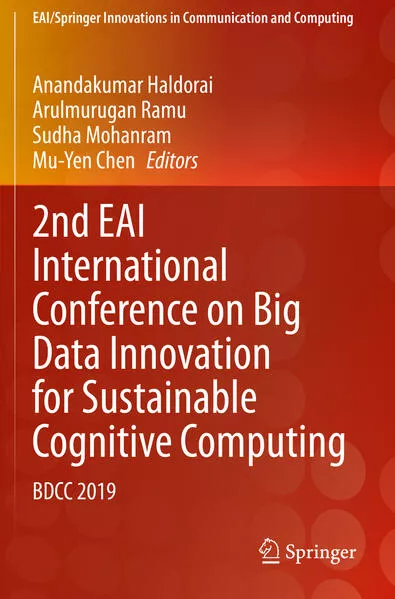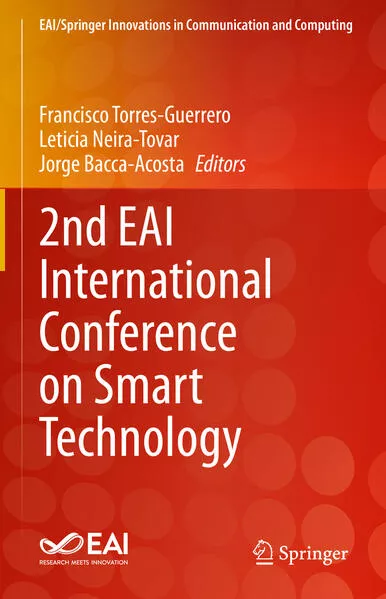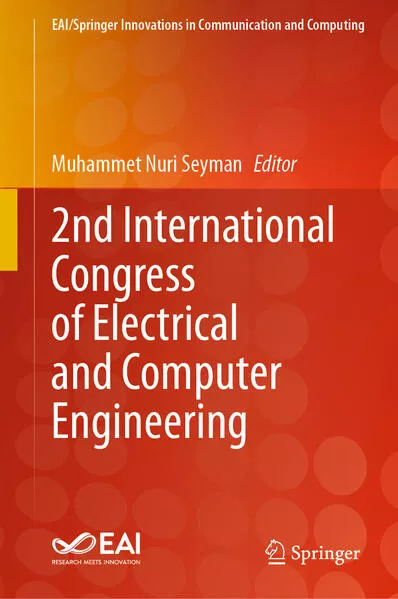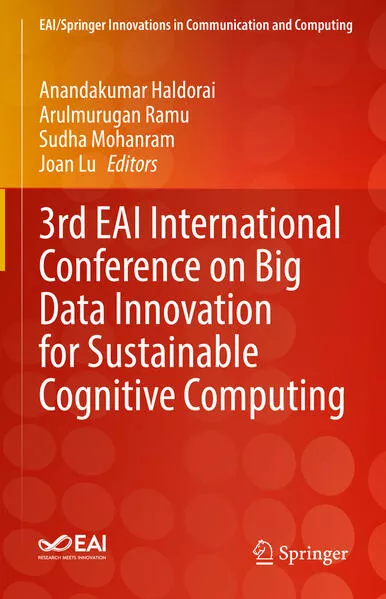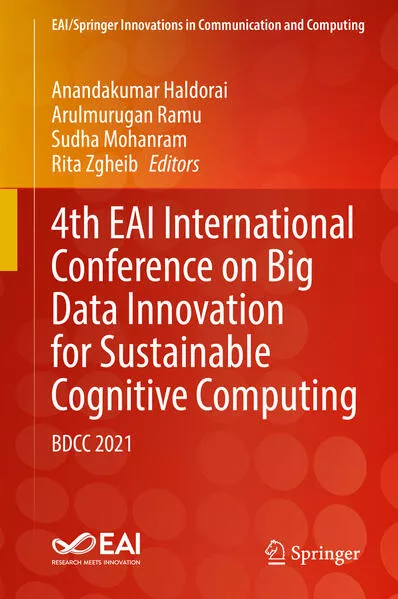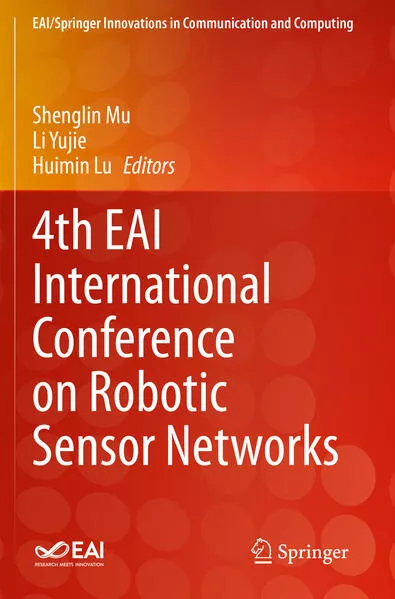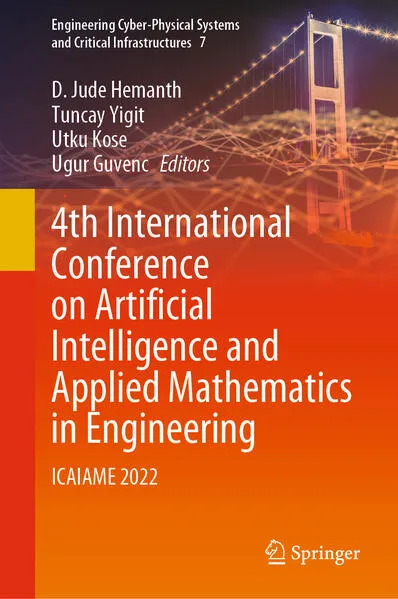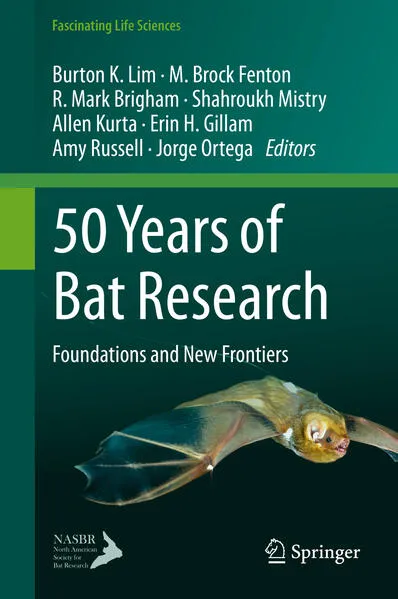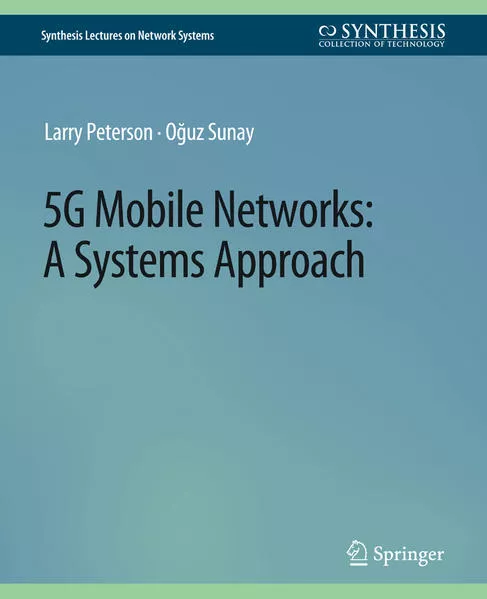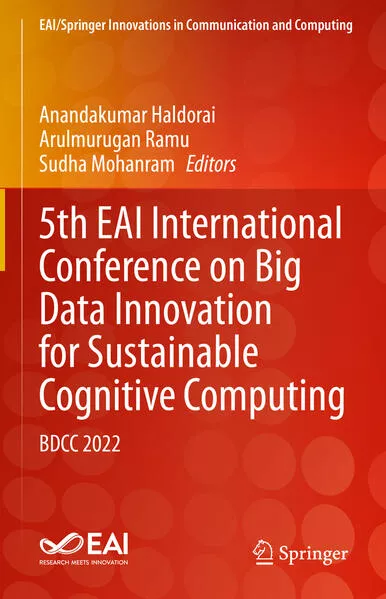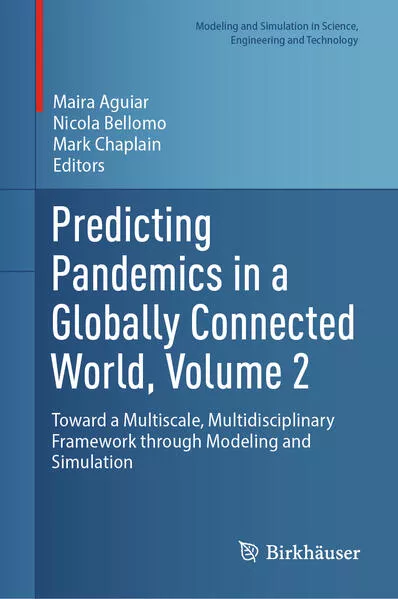
Predicting Pandemics in a Globally Connected World, Volume 2
Toward a Multiscale, Multidisciplinary Framework through Modeling and Simulation
In an increasingly globally-connected world, the ability to predict, monitor, and contain pandemics is essential to ensure the health and well-being of all. This contributed volume investigates several mathematical techniques for the modeling and simulation of viral pandemics, with a special focus on COVID-19. Modeling a pandemic requires an interdisciplinary approach with other fields such as epidemiology, virology, immunology, and biology in general. Spatial dynamics and interactions are also important features to be considered, and a multiscale framework is needed at the societal level, the level of individuals, and the level of virus particles and the immune system. Chapters in this volume explore the latest research related to these items to demonstrate the utility of a variety of mathematical methods. Perspectives for the future are also offered
Unterstütze den lokalen Buchhandel
Nutze die PLZ-Suche um einen Buchhändler in Deiner Nähe zu finden.
Bestelle dieses Buch im Internet
| Veröffentlichung: | 30.06.2024 |
| Seiten | 229 |
| Art des Mediums | E-Book |
| Reihe | Modeling and Simulation in Science, Engineering and Technology |
| ISBN-13 | 978-3-031-56794-0 |
Über die Autorin
Nicola Bellomo is distinguished professor at the University of Granada and professor emeritus at the Polytechnic University of Torino. He started his career in 1980 when he was called to cover the chair of mathematical physics and applied mathematics due to his scientific achievements on the mathematical theory of the Boltzmann equation and of stochastic differential equations. Subsequently, he moved his scientific interests to the study of living systems, becoming one of the pioneers of the development of active particles methods to the modeling of large systems of self-propelled interacting entities. In 2009, he delivered the prestigious Shank Lecture at the Vanderbilt University on the modeling of immune competition. He was awarded the “Third Level of Honor” for scientific merits by the President of the Italian Republic.Mark Chaplain holds the Gregory Chair of Applied Mathematics at the University of St Andrews. For the past 30 years, modelling all aspects of cancer growth has remained his main research interest, and he has developed a variety of novel mathematical models for all the main phases of solid tumor growth (avascular growth, angiogenesis, vascular growth) and invasion and metastasis. Much of his current work is focused on what may be described as a Systems Oncology approach to modelling cancer growth through the development of quantitative and predictive mathematical models. He has also developed models of chemotherapy treatment of cancer, focusing on cell-cycle dependent drugs, and also radiotherapy treatment. In 2008, he was awarded a 5-year European Research Council Advanced Investigator award. He was awarded a Whitehead Prize by The London Mathematical Society, July 2000 (awarded annually to the best UK applied mathematician under the age of 40); elected a Fellow of The Royal Society of Edinburgh, March 2003; twice recipient of the Lee Segel Prize for the best paper appearing in the Bulletin of Mathematical Biology (2015 and 2023). He is currently Co-Chief Editor of the Journal of Theoretical Biology, and Subject Editor, Mathematics, Royal Society Open Science (RSOS).
Maíra Aguiar trained as a theoretical biologist, obtaining a double European PhD degree in 2012 in Life Sciences, from Vrije Universiteit Amsterdam, The Netherlands, and Population Biology, from the University of Lisbon, Portugal. With a multidisciplinary research profile, she is trained in dynamical systems theory, stochastic processes, nonlinear dynamics, bifurcation analysis and biostatistics. Her scientific interests addresses significant mathematical and fundamental questions in biology and medicine, with special focus on public health epidemiology modeling. Dr. Aguiar is an Ikerbasque and Ramón y Cajal Researcher, the group leader of the Mathematical and Theoretical Biology Group at the Basque Center for Applied Mathematics (BCAM) in the Basque Country, Spain.
Diesen Artikel teilen
0 Kommentar zu diesem Buch
.... weitere Publikationen von Springer International Publishing
Die Rückkehr der Kraniche




